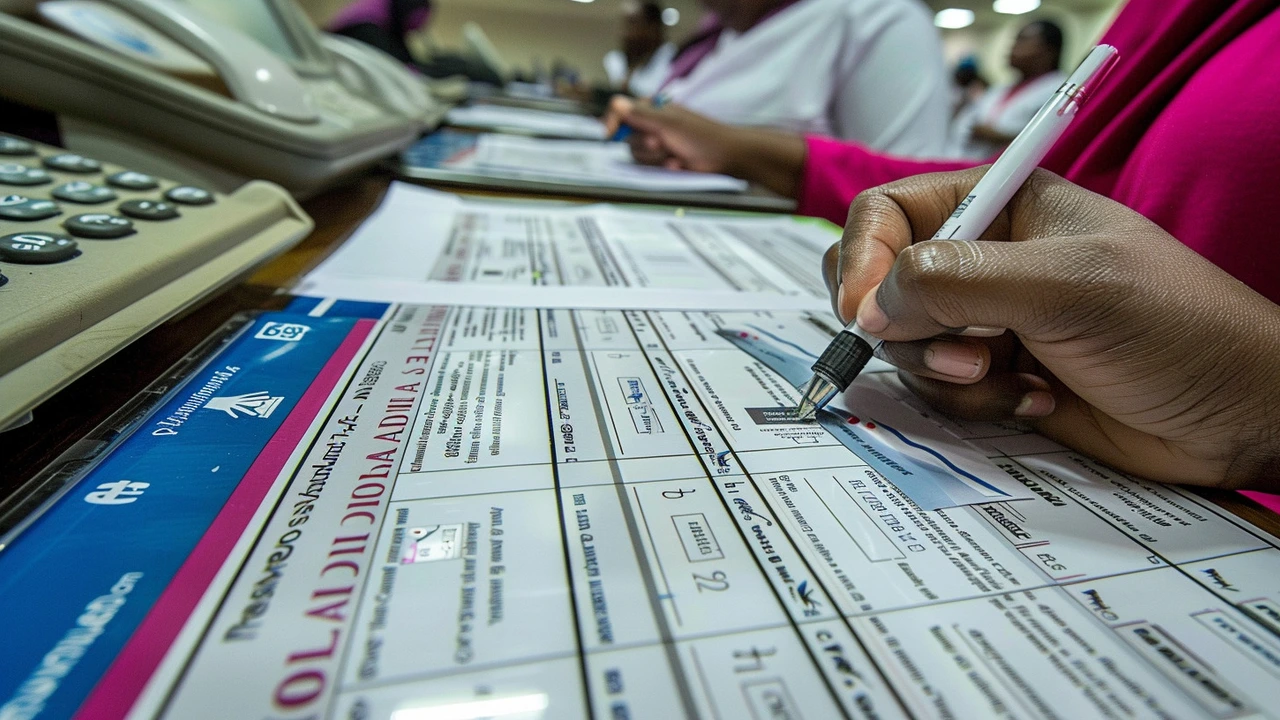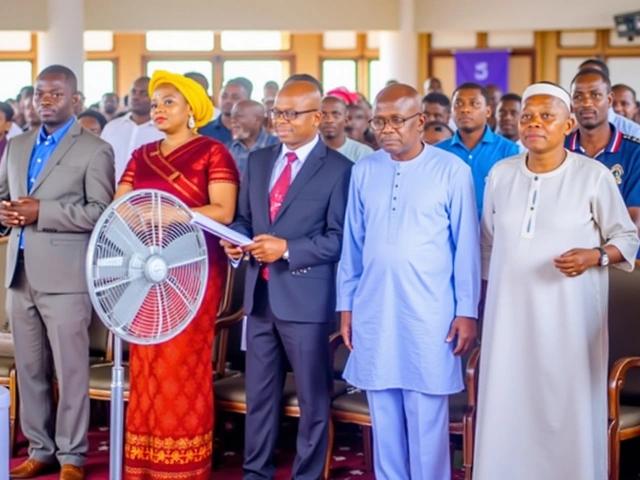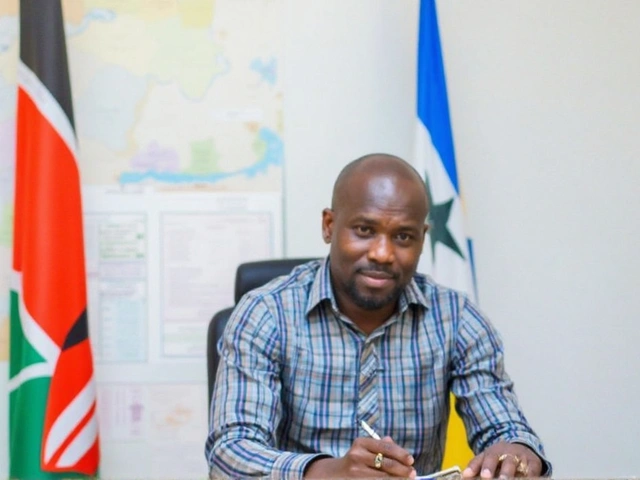Voting Secrecy: Why It Matters for Every Voter
Ever wonder why it's so important that no one knows how you voted? Voting secrecy is the backbone of a fair election. It means your choices stay private, so you can vote without pressure or fear. This privacy ensures the election reflects your true opinion, not a forced one.
When votes are secret, it helps prevent bribery and intimidation. Imagine if your boss, family, or neighbors knew how you voted—would you feel free to choose honestly? Probably not. That’s why governments design voting systems to keep your ballot confidential, protecting your right to express your views safely.
How Voting Secrecy Works in Practice
Most countries use secret ballots, where you mark your choice alone in a private booth. After voting, your ballot is placed into a sealed box, mixed with others, and counted anonymously. This process makes it impossible to link a vote back to you individually.
Technology also plays a role. Paper ballots are still popular because they’re reliable and easy to verify. Electronic voting systems often include safeguards like encryption and independent audits to keep votes secure and secret. No matter the method, the goal stays the same: protect your privacy and the integrity of the election.
Why Protecting Voting Secrecy Is Crucial
If secrecy fades, elections risk becoming unfair. Voters might face threats, avoid voting, or vote dishonestly, skewing results. Plus, the trust in the electoral system drops, and that trust is key for democracy to work well.
Think about recent news: when secret ballots were questioned, turnout dropped and disputes increased. Keeping your vote secret ensures your voice counts exactly as you intend. It’s more than a rule—it’s your shield against manipulation.
So next time you head to the polls, remember: your vote is yours alone. Voting secrecy protects your freedom, and that keeps elections honest and meaningful for everyone.






